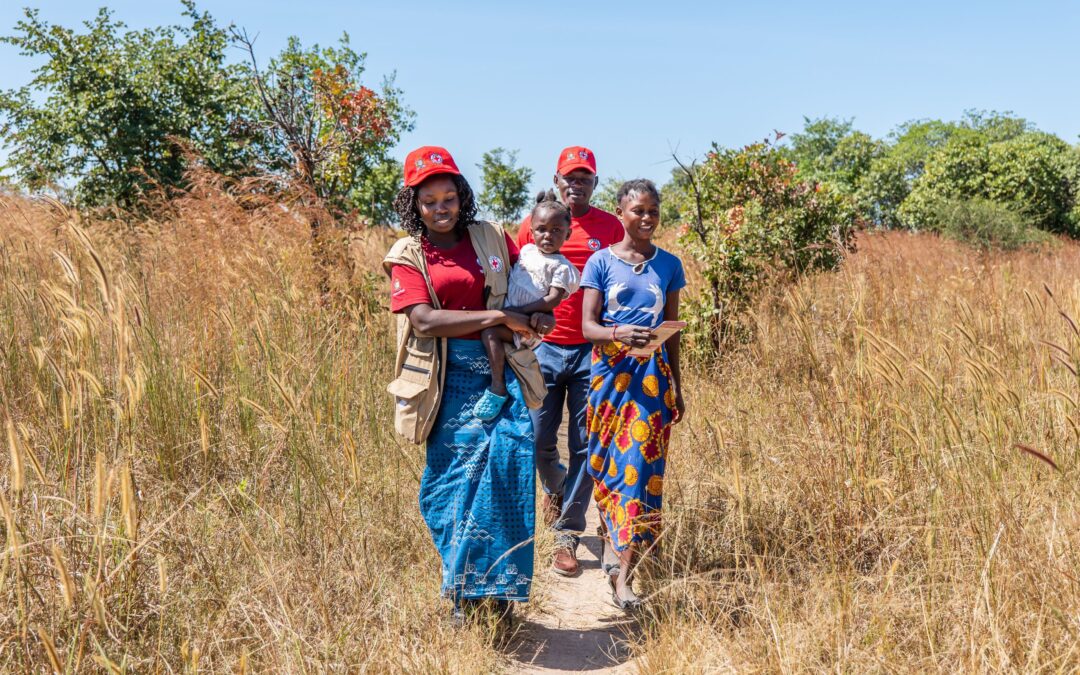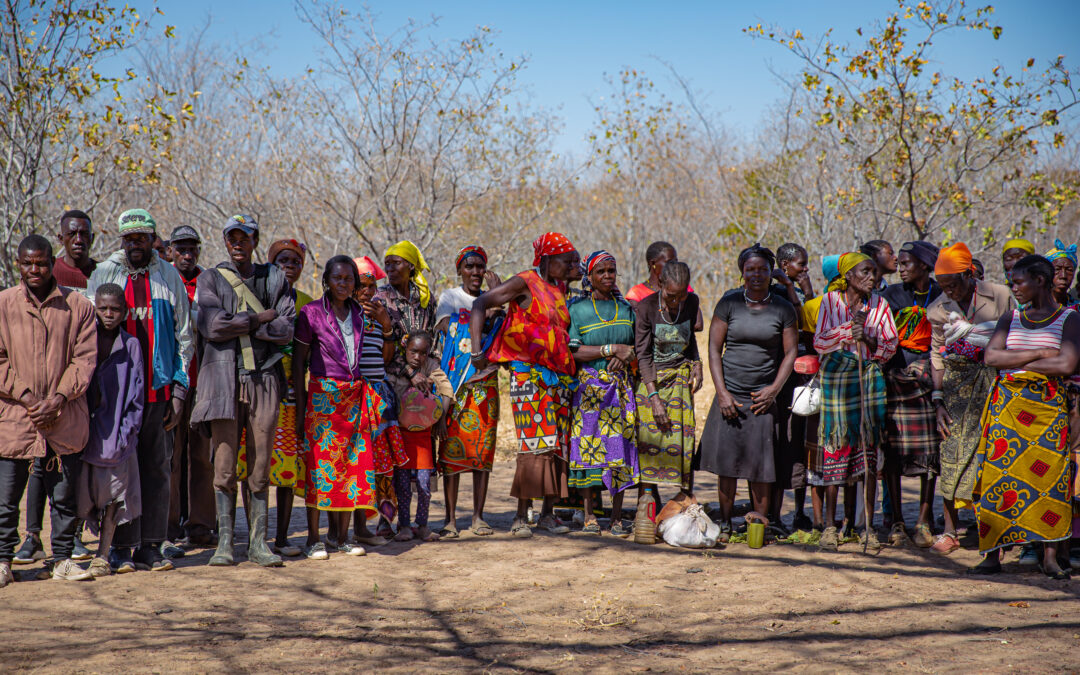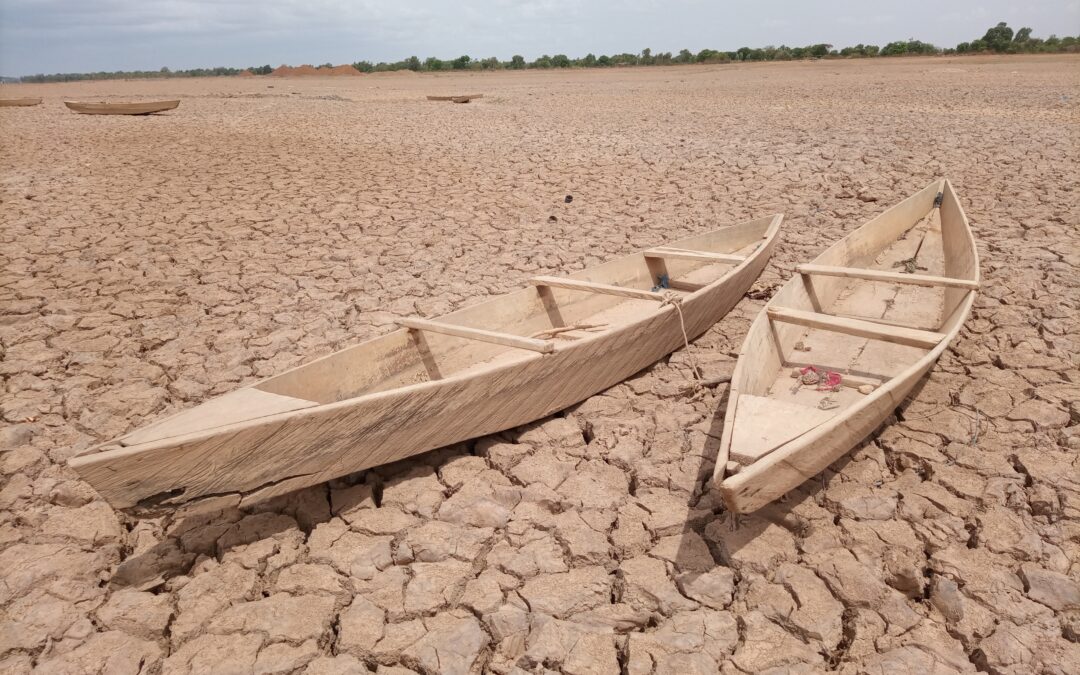


COMMUNITY ENGAGEMENT AND ACCOUNTABILITY IN EMERGENCIES: RESEARCH AND TOOLS

Social Science for Community Engagement in Humanitarian Action
Bridging theory and practice
The social sciences have long had a solid connection to humanitarian action. A recent project has aimed to strengthen this further in how humanitarian actors engage communities in their work. The Social Science for Community Engagement in Humanitarian Action (SS4CE in HA) project was implemented from October 2020 to December 2022 through the support of USAID’s Bureau for Humanitarian Assistance (BHA).
The goal was to strengthen regional and global demand and capacity for social science integration into humanitarian programming in order to:
- Ensure engagement of affected and at-risk communities throughout the humanitarian programme cycle (HPC)
- Contribute to more adaptive, rapid, effective and efficient humanitarian action (HA)
In collaboration with more than 70 humanitarian partners across humanitarian practice and academia, the SS4CE in HA project has been aiming to facilitate community engagement of affected and at-risk communities throughout the humanitarian program cycle.
Visit the SS4CE in HA project page

INFORMATION PREPAREDNESS AND COMMUNITY ENGAGEMENT FOR EL NIÑO IN THE EASTERN AND SOUTHERN AFRICA REGION
This key considerations brief describes the implications of El Niño in the East and Southern Africa Region (ESAR) for Risk Communication and Community Engagement (RCCE) initiatives, based on previous comparable weather events. Lessons learnt are predominantly taken from the literature on communicating forecast and weather information, but have implications for multi-hazard RCCE response. Some lessons learnt are also taken from beyond East and Southern Africa, but considered within the anticipated El Niño effects in ESAR specifically.

call for applications: Technical Officer – Community Readiness and Resilience (CRR), at who
Purpose of the Position
The purpose of this position is to provide technical coordination and programmatic support to strengthen readiness and resilience of communities and to protect the health of local communities from health crises, epidemic and pandemics like COVID-19. The position will provide capacity and competency assessment, for community readiness and resilience. The incumbent will also be expected to design, develop implement innovative capacity building programmes materials and tools to support community engagement, readiness and resilience and response in countries.
Objectives of the Programme and of the immediate Strategic Objective
The mission of WHO’s Health Emergencies Programme (The Programme) is to build the capacities of Member States to safely manage health emergency risks and, when national capacities are overwhelmed, to lead and coordinate the international response to mitigate, contain, provide effective relief and recovery to affected populations. The Programme supports countries and coordinates international action, to prevent, prepare for, detect, timely respond to, and recover from outbreaks and other public health emergencies. The objectives of the Country Readiness Strengthening Department is to achieve effective operational readiness and response for the most imminent and serious health emergencies. The department supports Member States to develop, establish and finance comprehensive readiness plans for health security that are facilitated by strategic partnerships across all relevant sectors. Operational readiness is critical for countries, communities and organizations to have the capability to be able to respond immediately and appropriately to health emergencies from any hazard when required. Strengthening operational readiness is based on a continuous process of assessing current risk based on the identification of hazards with the highest likelihood and severity against the level of existing capacities and vulnerabilities. This is a continuous process followed by the assessment of readiness capabilities and the acceleration of targeted actions at trigger for an imminent threat to ensure an efficient emergency response. Readiness is a status of specific capabilities to quickly and appropriately respond when required to mitigate the impact of specific risk(s) and is built upon preparedness.The Community Readiness and Resilience Unit (CRR), aims to support Member States to strengthen community readiness capabilities for health emergencies through development and implementation of relevant norms and standards, strategies, guide and tools to ensure timely and effective delivery of community based public health interventions and health services to the populations affected by health emergency risks and threats in close collaboration at three levels of the organization and through strengthening technical and operational networks and partnerships at all levels.
ORganizational context
The incumbent reports to a Technical Officer in CRR with second level supervision by Unit Head CRR . The Communities Readiness and Resilience (CRR) unit helps local communities prepare and respond to imminent health emergencies. It provides guidance on communicating risk and co-developing interventions based on local contexts and culture. A framework and toolkits standardize capacities and drive engagement before, during and after emergencies. A community of practice, global partner network and the regional WHO network provide connections and learning. The incumbent utilizes health emergency experience and technical skills to develop holistic capacity building programme to enable a more agile, capacitated and community centered health workforce including community health workers. S/he will leverage experience working on emergency preparedness, readiness and response needs and functions and apply them to the coordination, organization and delivery of capacity building events, together with the strong application of instructional design and data-driven approaches to learning needs analyses and evaluation. The position requires ongoing contacts with staff at all levels in CRS, WHE and throughout WHO (Health systems) as appropriate, to provide expert advice and exchange information. The successful planning, implementation and reporting of technical projects also requires contacts with partners, donors, UN agencies and WHO Regional and Country Offices counterparts to develop joint learning curricula and to ensure a cohesive approach in country needs and gaps assessments, and further development of adapted training approaches. The incumbent is expected to welcome opportunities to support multi-disciplinary, cross cutting approaches to work and facilitates participation in such approaches. Work is regularly reviewed in discussion with the supervisor, in briefings and de-briefings.
Summary of Assigned Duties
Within the framework of the delegated authority, the incumbent is assigned all or part of the following responsibilities:
- Strategize, revise and manage a highly technical health emergencies capacity building programme that drives and supports community centered health emergency workforce capacity building in key readiness and response pillars and IHR support mechanisms, all phases of emergency response and key technical competencies for emergency preparedness, readiness and response.
- Develop, revise, implement, monitor and evaluate community centered health emergencies capacity building activities. This includes rigorous management of evaluation frameworks to include impact evaluation, development and application of competency frameworks, learning pathways, learning needs analyses and credentialing processes specifically for highly specialized health emergencies technical capacities.
- Provide technical expertise and advise countries, through close collaboration with WHO Regional and Country Offices, on the development of core capacities as required by the IHR (2005), focusing on community engagement in all phases of emergency response and key technical competencies for community centered emergency preparedness, readiness and response.
- Develop standards, guidance and innovative tools for implementation of community centered health emergency workforce capacity building within health emergencies systems at local, national and international levels.
- Develop community centered health emergency workforce capacity building programme and apply appropriate and effective capacity building modalities. The programme should be based on global guidance and tools (provided) for strengthening community readiness particularly for engaging and building capacities of community health workforce for health emergencies in collaboration with PHC and Health Workforce team in WHO and regional and country offices.
- Manage community protection capacity building portfolios to include internal client relations, external service providers and procurement requirements, marketing and data analytics. This includes the drafting of project proposals, terms of reference, budgets, marketing content and dissemination plans and regular data analysis and communication depicting an end-to-end data process for the capacity building streams of work.
- Promote multi-disciplinary and cross-cutting approaches and activities to facilitate full participation within and outside WHO/WHE/CRS and key partners.
- Perform other related responsibilities, including replacing and/or backstopping.
Required Competencies:
- Teamwork
- Respecting and promoting individual and cultural differences
- Communication
- Promoting innovation and organizational learning
- Producing results
Functional Knowledge and Skills
Expert knowledge in managing health emergencies preparedness, readiness and response with a special focus on community centered health and public health services, health workforce capacity and capabilities and working with local stakeholders. Excellent interpersonal, communication and writing skills with the ability to work with partners, managing networks, facilitating capacity building events and using modern communication techniques using tact, diplomacy and discretion. Strong commitment to international health. Basic use of data analytics to depict a data-driven end-to-end processes. Ability to develop capacity building learning opportunities to emergencies workforce, communities, leadership, institutions and partners.
Education Qualifications
Essential: Advanced level (Masters or above) university degree in medicine, public health or epidemiology.
Desirable: Formal training in instructional design and adult learning methodologies.
Experience
Essential: At least seven years of experience in the field of public health emergencies, among which at least 3 years of experience working at primary health care or community levels with delivery of community-based health services, capacity building of frontline health workforce including community health workers. Minimum two years’ experience in health emergency preparedness and response-related works or capacity building activities at the international level.
Desirable: Minimum one year experience in the field of health workforce educational material development (instructional design) and training activities or monitoring and evaluation at national and international level,
Minimum two years work experience within the UN System, other international organizations and civil society organizations.
Language Skills
Essential: Expert knowledge of English.
Desirable: Intermediate knowledge of French.
Other Skills: Excellent computer skills particularly their use for training and e-learning, webpages design and maintenance, information sharing, statistics and/or monitoring and evaluation
REMUNERATION
WHO salaries for staff in the Professional category are calculated in US dollars. The remuneration for the above position comprises an annual base salary starting at USD 77,326 (subject to mandatory deductions for pension contributions and health insurance, as applicable), a variable post adjustment, which reflects the cost of living in a particular duty station, and currently amounts to USD 3319 per month for the duty station indicated above. Other benefits include 30 days of annual leave, allowances for dependent family members, home leave, and an education grant for dependent children.
Access the full details of the position and apply on the WHO Careers website
Deadline for application: Friday 1 December

